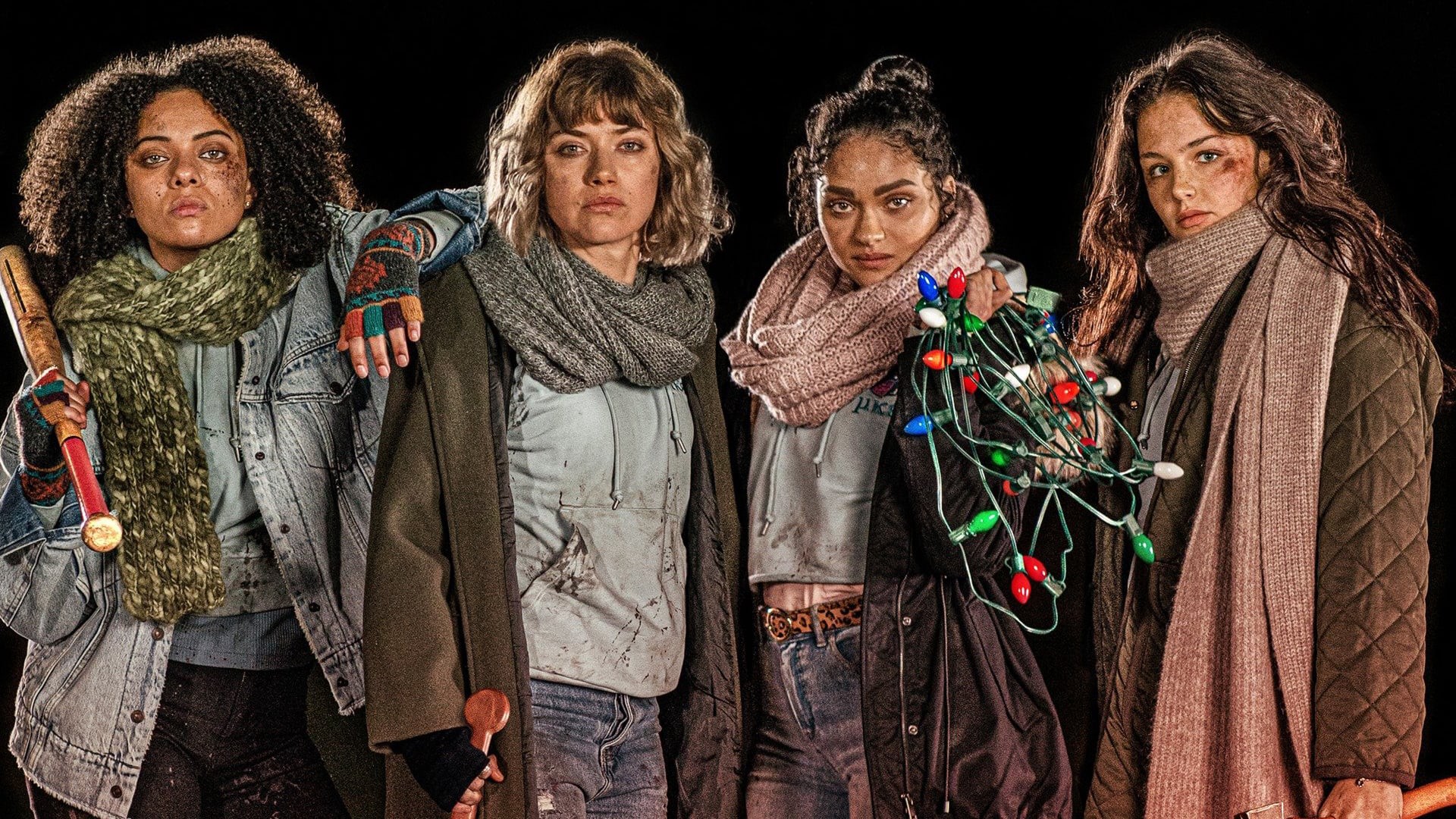
Released in 1974 and oft considered the original slasher film, Bob Clark’s Black Christmas has rightfully earned cult status over the years after initially being passed over for that other genre staple, John Carpenter’s Halloween.
Clark’s film is a unique take on the stalk-and-kill mentality that the slasher subsect is known for given that it never revealed the identity of its killer, leaving on an ambiguous note that angered audiences then but is now hailed as a bold narrative choice that only increases the film’s unnerving nature.
Whilst Black Christmas may not be an immediate thought to many when thinking of genre suggestions, it only made sense that it would be plucked out of the catalogue when the mid-2000’s were notorious for remaking every classic possible; Prom Night, The Hills Have Eyes, When A Stranger Calls, The Texas Chainsaw Massacre, and Piranha just a few others that got given the once-over.
2006’s Black Christmas was an experience, to say the least. More interesting due to its behind-the-scenes drama rather than what transpired on screen, Glen Morgan (Final Destination 3, Willard) opted to create a back-story for the original unknown killer (known simply as Billy), transforming him into an abused child suffering from jaundice, growing up in a household plagued with violence and incest. It made sense to expand on the killer’s mindset as a slasher movie audience in 2006 needed everything specifically spelled out for them, and if we were going to have then-relevant(?) names like Katie Cassidy, Michelle Trachtenberg, and Lacey Chabert be offed in various gory ways, we needed to know that the individual behind their slayings was legitimately unhinged; Mary Elizabeth Winstead, in the most minute of roles, managed to escape that film with a career in tact.
It was a mess of a movie, one where producer Harvey Weinstein (who still had clout at that point) demanded both the ending to the movie be changed (Morgan intended an ambiguous ending as an homage to the original, Weinstein wanted something more definitive) and for footage to be filmed specifically for the trailer with no intention of incorporating it into the final cut; gotta love trailer money shots, right?
Basically, Black Christmas‘ legacy was severely tainted, so another incarnation in 2019 seems to both make sense and be wildly unexpected at the same time. The strong female presence in both the original and its first remake is fitting in a cinematic climate where female-fronted films are earning more prominence, and God knows Hollywood loves a remake (or reboot or reimagining, however they wanna sell it), but to say this was a title on anyone’s radar would be an overstatement.
So how exactly does a 2019 Black Christmas stand? Only a remake in name and not nature, Sophia Takal‘s feminist-skewered scarer initially plays by the rules we’d expect when the opening moments bump off a pretty sorority girl (you imagine this would’ve been a recognisable name had this really catered to the slasher mentality of the 90’s/2000’s ala Drew Barrymore in Scream) in a bloodless killing that so fittingly incorporates the film’s Christmas setting; take note, icicles can be used as weapons.
Slowly-but-surely (and I emphasise slowly as Takal’s script hopes to flesh out its characters rather than just numbingly dispatch them) more and more girls go missing on campus (hey, has anyone checked the balcony, I think there could be a dead body just sitting there) and archetypal “final girl” Riley (Imogen Poots, convincingly working her way through questionable dialogue) is starting to suspect foul play. As is standard with horror heroine leads, Riley’s got a tragic backstory, but as this is 2019 and Black Christmas wants to place its topical stamp with prominence, she’s a sexual assault survivor. Takal by no means takes this lightly, and with the film being set at a US college – Hawthorne College – it’s unfortunately fitting that rape culture be a narrative ingredient. That being said, as serious as it is taken, it’s also not a plot point that is beaten with severity as Takal still very much wants her audience to have fun.
If you’ve seen the trailers for Black Christmas then you’ll unfortunately know exactly where the film is heading. However, if you’ve been blind to the promotional material it’s still highly likely you’ll pick up on where Takal wants to travel, and whilst her narrative direction makes sense (I won’t detail specifics, just in case you’d like to go in knowing absolutely nothing) – and paves the way for many conversational 2019 points (the #MeToo movement, toxic masculinity, “Not all men…”) – her ultimate reveal behind the “why” – the “who” isn’t so much of a surprise – doesn’t quite gel with all that preceded.
It’s a straight-forward slasher, until it isn’t, and there’s nothing specifically wrong with that, but as a film that has mostly taken itself seriously (well, as serious as a serial-killer-stalking-sorority-girls-at-Christmas-time can be) it’s incredibly jarring when it throws caution to the wind and descends into the bonkers horror movie it really could’ve been the entire time; the film’s lower classification also proving an issue in the climax where the lack of gore and harsh editing suggest this was perhaps a bloodier affair in its original edit.
Whilst Black Christmas deserves points for attempting something different, as well as its commendable social commentary, Takal’s film doesn’t quite succeed as a product on the whole. There’s neat set-ups, inventive action pieces, and commendable chemistry between its leading ladies (Alyese Shannon, Lily Donoghue, and Brittany O’Grady all playing above their stereotypical descriptions), but in trying to be so radical, the film ultimately does itself a disservice and can’t help but feel like a missed opportunity to truly stick it to the man.
![]()
![]()
![]()
![]()
![]()
TWO AND A HALF STARS (OUT OF FIVE)
Black Christmas is screening in Australian theatres now
